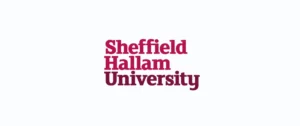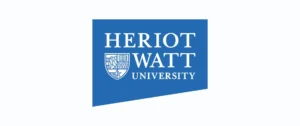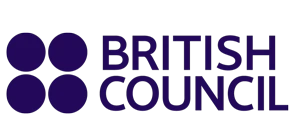The University of Strathclyde is one of Scotland’s largest and most dynamic universities. Located in Glasgow, it’s known for combining strong academic reputation with real-world impact. A 1964 founding makes it modern by UK standards, but Strathclyde consistently ranks among the UK’s top institutions for innovation, teaching quality, and graduate employability. This guide covers everything from programmes and fees to support services, student life, and application advice.
Academic Reputation and Rankings
Strathclyde features in the UK’s top 50 universities and is especially recognised for its strength in engineering, business, science, and health sciences. It is ranked among the top universities for graduate outcomes and has been awarded UK University of the Year awards for teaching excellence and innovation. Strathclyde’s emphasis on applied research and industry partnerships creates a distinctive learning environment.
Faculties, Courses, and Programmes
Strathclyde offers over 200 undergraduate degrees and more than 150 postgraduate courses across four main faculties: Engineering; Humanities & Social Sciences; Science; and the Strathclyde Business School. It offers specialist and professional degrees in areas such as Aerospace Engineering, Biomedical Engineering, Digital Marketing, Psychology with Neuroscience, and MBA/Engineering MBA programmes. The University also hosts Scotland’s only Faculty of Engineering with integrated Business for combined technical and commercial qualifications.
Research Excellence and Industry Focus
Strathclyde is renowned for its applied research, spanning clean energy, medical devices, digital technologies, and transport innovation. It hosts research centres like the Advanced Forming Research Centre and the Fraunhofer Centre for Applied Photonics. Many courses include placement years, live industry projects, and collaboration with companies such as Rolls-Royce, Amazon, and NHS Scotland. This approach prepares graduates for employment from day one.
Campus, Location and Facilities
Strathclyde’s campus sits in Glasgow’s city centre—an immediate connection to businesses, cultural venues, and nightlife. Facilities include modern laboratories, maker spaces, simulation suites, libraries, and the award-winning Technology and Innovation Centre. Students benefit from modern halls, cafes, sports facilities, chaplaincy, and mental-health support services.
International Student Experience
International students represent over 130 nationalities at Strathclyde. The university offers pre-arrival help, visa guidance, language and academic support, and peer mentoring. The International Students’ Lounge and Hub hosts networking events, global cafés, and intercultural activities. Scholarships are offered, including International Enterprise Scholarships and country-specific awards. Exchange partnerships with Europe, North America, and Asia provide study-abroad opportunities.
Fees, Scholarships and Financial Support
Undergraduate tuition fees for home students are up to £9,250 per year, while international students pay between £17,000 and £23,000, depending on the programme. Postgraduate fees for international applicants typically range from £20,000 to £27,000. Strathclyde offers scholarships such as the Vice-Chancellor’s Excellence Award, Sport & Student Leadership Scholarships, and international bursaries. Instalment payment options and early-bird fee concessions are also available.
Student Life and Clubs
Strathclyde students have access to over 170 clubs and societies, covering sports, culture, entrepreneurship, and creative arts. The Students’ Association runs events, campaigns, volunteering, and the Glasgow Varsity with the University of Glasgow. Campus life includes music performances, hackathons, career fairs and annual graduation fairs, creating a cohesive and supportive atmosphere.
Careers and Employability Focus
Strathclyde is award-winning for preparing students for the workplace. Over 96% of graduates are employed or in further study within six months. The Career Zone provides personalised coaching, internships, interview workshops, and employer networking. Strong ties with the energy, finance, engineering, and technology sectors in Glasgow and internationally support career transition.
Living Costs and Accommodation
Living in Glasgow tends to be cheaper than in London, with annual living costs estimated at £9,000–11,000. Accommodation options include on-campus halls (shared or en‑suite), private flats, and host families with costs from £4,000–7,000 per year. Campus facilities include gyms, health services, chaplaincy, and quiet study areas.
How to Apply
Undergraduate applications are made via UCAS with typical entry requirements of ABB–AAA at A-level or equivalent (e.g., IB 32–36 points). Most students will require IELTS 6.5 overall. Postgraduate applications are reviewed through the university’s website; standard requirements include a 2:1 undergraduate degree, academic references, and proof of English. International students are encouraged to apply early for scholarship eligibility and visa planning.
Conclusion
The University of Strathclyde combines academic quality, practical research, industry connections, and excellent support in the heart of Glasgow. Whether your goal is academic challenge, global career prospects, or living in a city that values innovation and culture, Strathclyde offers a well-rounded study experience with real-world outcomes.
If you’re ready to apply to Strathclyde and would like help with your application or scholarship plan, click here to book a free consultation with Universitio and take your first step toward studying in the UK.









